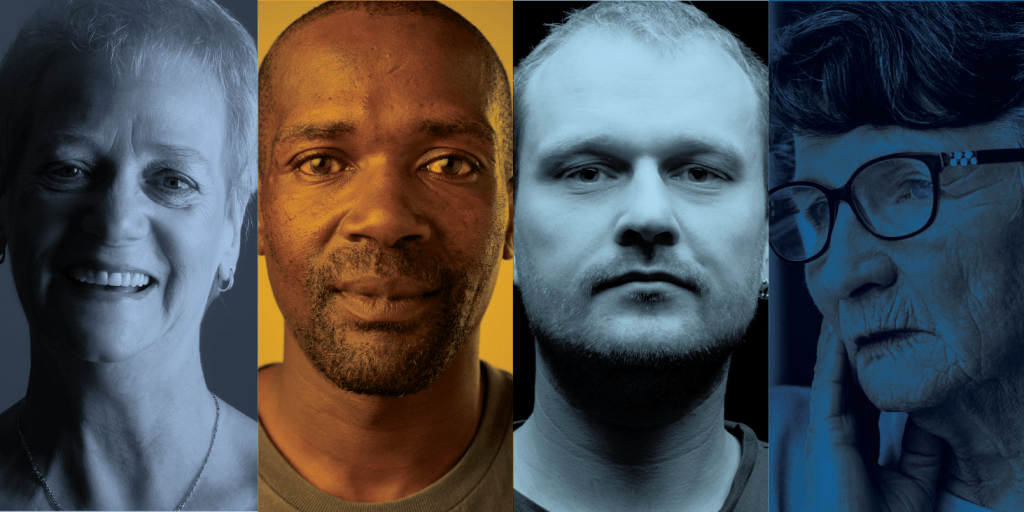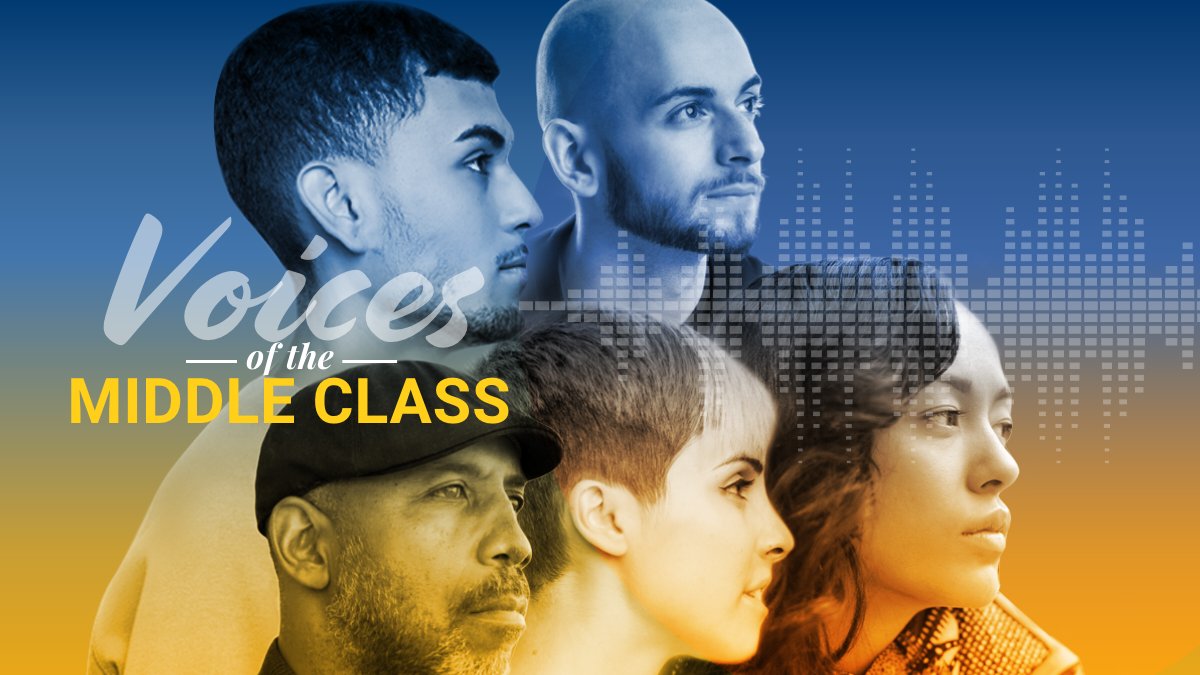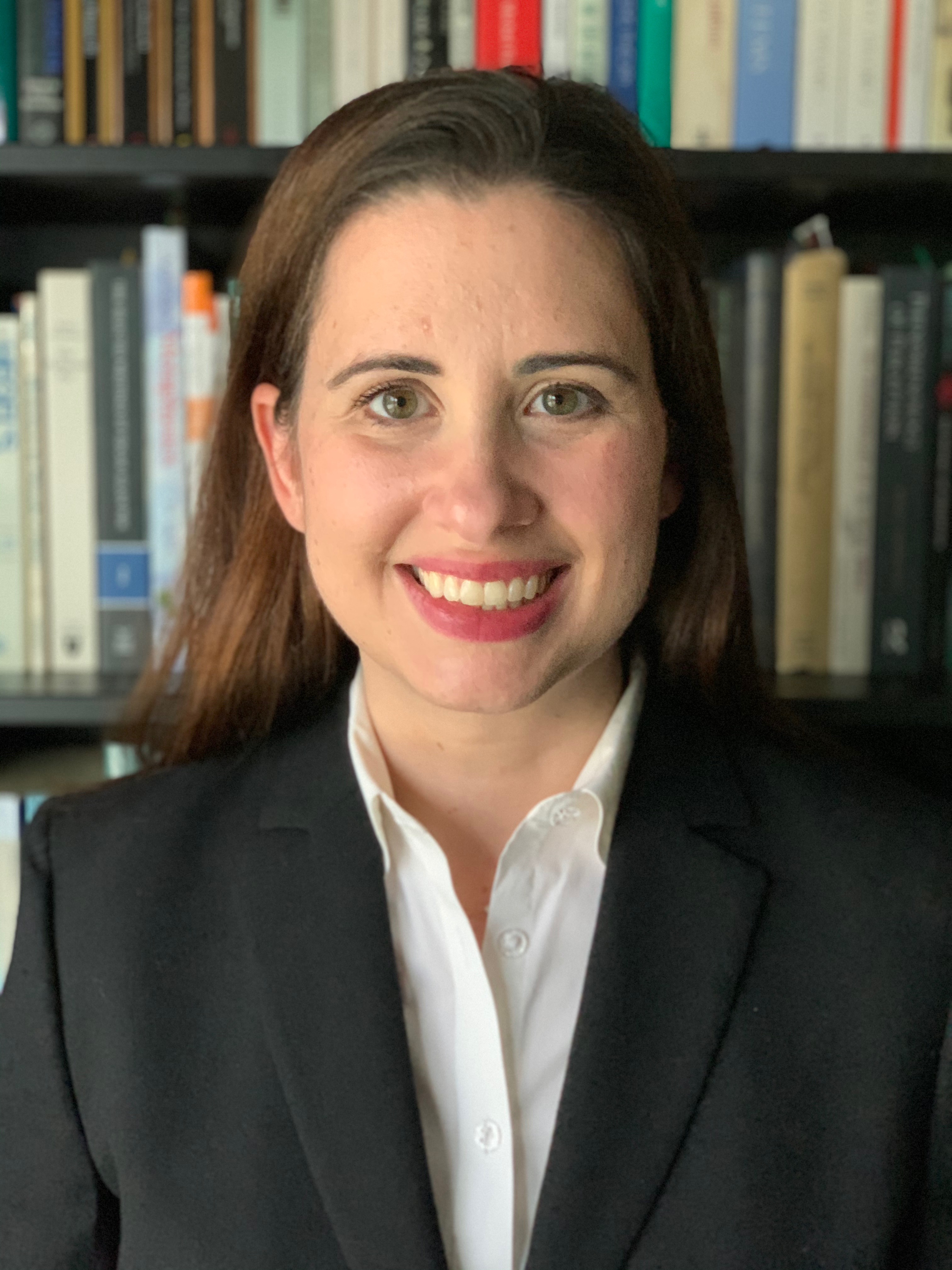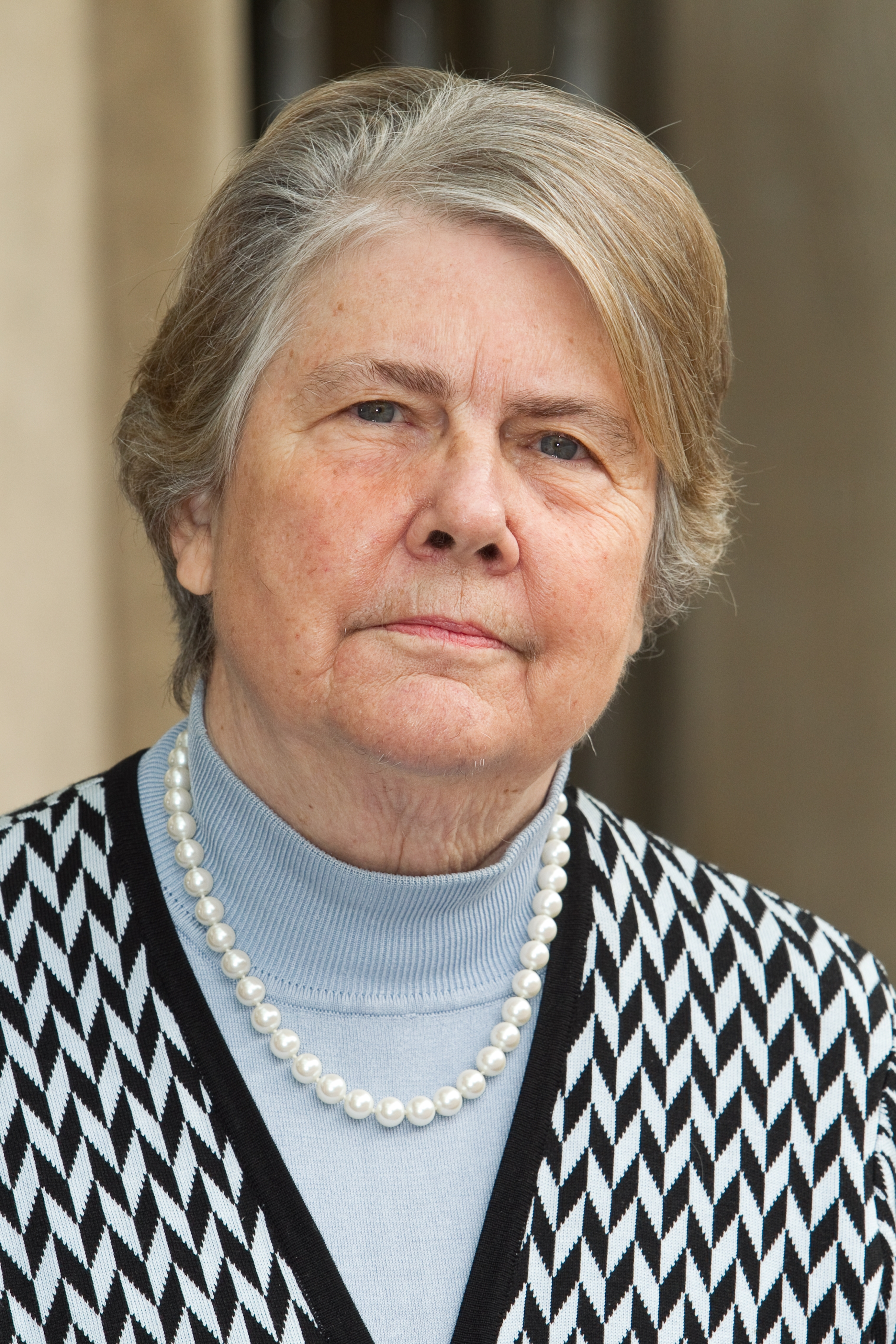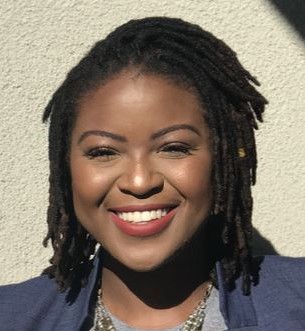
WHAT [IF] SOMETHING HAPPENS?
Executive Summary
The “American middle class” is often invoked by politicians, pundits, and the media to signify not only an income bracket, but a way of life – the backbone of America, vital to the health and vibrancy of our economy, democracy, and society. In 2019, under the auspices of the Future of the Middle Class Initiative, we launched the American Middle Class Hopes and Anxieties Study (AMCHAS). For the first phase of the study, in the fall of 2019, we conducted focus groups in five locations across the U.S.: Las Vegas, Nevada; Wichita, Kansas; Prince George’s County, Maryland; Houston, Texas; and Lebanon, Pennsylvania. For the second phase, we conducted fourteen in-depth virtual interviews, which allowed us to learn how the pandemic was impacting middle-class Americans in real time.
While these stories are just based on a very small sample and thus cannot be used to infer how the entire middle class is faring in this pandemic, they add nuance and texture to the experiences of middle-class Americans and allow us to understand life during COVID-19 through their eyes. Below, we highlight the realities people shared; how they were already teetering on the edge, making difficult tradeoffs, or navigating injustice and racism in a pre-COVID-19 world, and how the pandemic has unveiled, exacerbated, but in some cases, actually alleviated the anxieties they experience in their day-to-day lives.
- The middle-class Americans we spoke with in fall 2019 felt economically insecure. By April 2020, some participants had been laid off from their jobs and were struggling to pay for groceries or their phone bill. For others, COVID-19 provided a brief respite from rising rents or student debt repayments.
- Longing for control over one’s time dominated the life stories of almost everyone we talked with. While the reality of the pandemic has put working families in a vulnerable position, we heard a counterintuitive narrative from some of our participants. The stay-at-home orders provided a break from the frantic pace and impossible demands of their normal lives, lending a bit of control over their time.
- In both our focus groups and interviews, we heard stories of persistent racial discrimination from Black and Hispanic or Latino individuals and of racial resentment from some whites.
- From the younger people we spoke with, we learned that the pandemic has put their lives on hold – as they are living with their parents and unable to move forward in the ways they had hoped or expected at this point in their lives.
Taken together, these stories of middle-class Americans paint a picture of struggle and triumph, difficulty and resilience, and anxiety and hope. Through these stories, we see the pressures and vulnerabilities of the middle class before and during the pandemic and are better able to understand the sheer unworkability of middle-class schedules, the extent of their constricting budgets, even in more “normal” times, as well as the discrimination and barriers that Black and Hispanic or Latino middle-class Americans face on a daily basis.
“Taken together, these stories of middle-class Americans paint a picture of struggle and triumph, difficulty and resilience, and anxiety and hope.“
